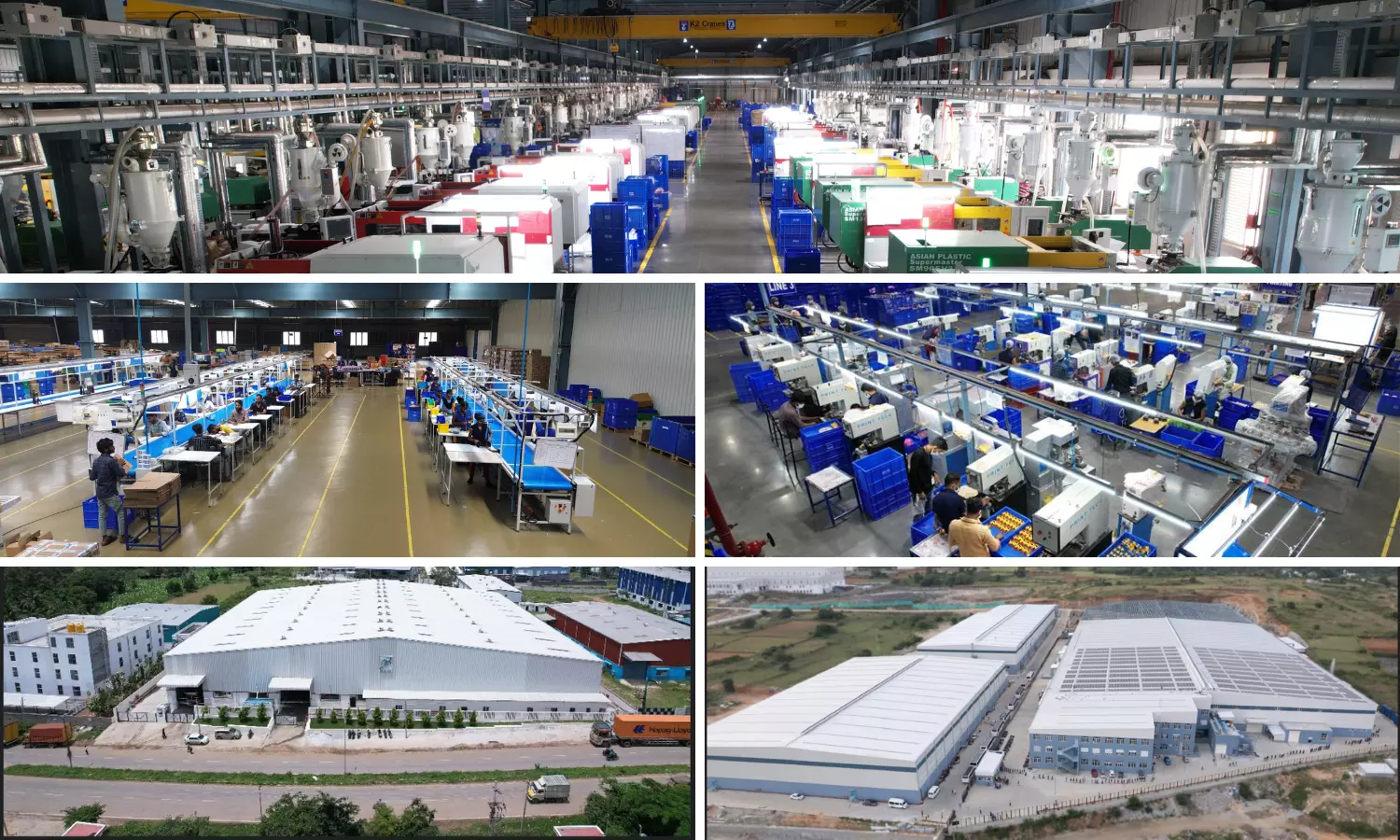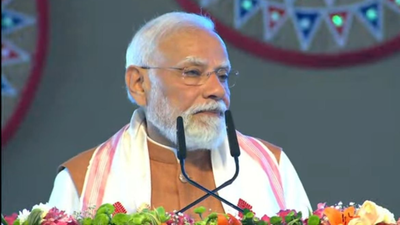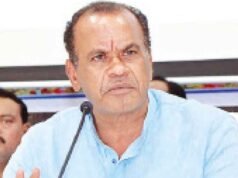
Can you walk us through your journey from being a mechanical engineer to becoming a leading contract manufacturer of toys in India?
I am Vijendra Babu, a first-gen entrepreneur and mechanical engineer. Started my career with corporates like BPL, TVS Group, and Continental. We ventured out and started our company in 2005, initially in industries like automotive and consumer electronics. Later, in 2015-2016, we saw an opportunity in toys with global brands and got into contract manufacturing. Today, we are India’s largest contract manufacturers and exporters of toys, catering to 65% of the country’s exports. We have five plants near Bangalore, offering end-to-end solutions from ideation to shipment, with a workforce of over 2,000 people, 65% of whom are women.
What are the key factors driving growth in the Indian toy industry, and how do you see the export market evolving?
The Indian toy industry is growing, driven by export opportunities and government-friendly policies like QCOs and 70% duty on imports. We are seeing a ‘China plus one’ opportunity, where customers look at India as an alternative. Domestic growth is driven by rising disposable income, though per capita consumption is still low at $1 Vs. $300 globally. Key drivers include the shift to educational and STEM toys, e-commerce boom, and the government’s ‘Make in India’ initiative. These factors make India an attractive market for toy manufacturing and exports.
How do global trade tensions, such as the US-China tariff row, impact the Indian toy industry?
Global trade tensions, like the US-China tariff row, are impacting the Indian toy industry positively. With China’s tariffs at 55%, we are hopeful that India’s 10% duty regime will stay. Customers are diversifying out of China, and after Vietnam, they are looking at countries like Indonesia and Cambodia. But India stands out due to its manufacturing ecosystem and cheaper labor costs. This presents a great opportunity for India to become a destination for toy manufacturing, and we are seeing a shift in the last 8-10 months with customers looking to diversify their base out of China.
How do you think we can compete with the likes of China and Vietnam, who have seen huge success in that industry?
Competing with China and Vietnam is tough due to their mature ecosystems and pricing. In India, we have over 5,000 manufacturers, but most are small and fragmented, with only a handful meeting export requirements. The challenges are not just pricing, but also quality compliance, scalability, and dependency on imports for certain materials. Toys are seasonal, requiring massive production cycles, and meeting global standards is crucial. China’s ecosystem is more mature, and even Vietnam and Indonesia benefit from Chinese players setting up shops there. To compete, India needs to overcome pricing challenges, scalability issues, and compliance requirements to export to global markets.
What are the key trends shaping the toy manufacturing industry in India and globally?
The toy industry is shifting towards electronics, AI-based toys, and STEM toys, with educational toys going electronic too. Kids today are drawn to gadgets, so mechanical toys need to incorporate strong elements to appeal to them. A growing trend is ‘kid adults,’ where adults are embracing toys to disconnect from gadgets. Action figures remain a fashionable toy for both kids and adults.
So how do you navigate IP protection when working with multiple global clients?
As an IP-compliant company recognized by global brands, we have strong procedures in place to protect IP. We sign NDAs with customers and follow strict protocols, including third-party audits and customer team audits. Communication is confidential, and we use secure platforms to share information. Our factory and design teams are monitored, and we can’t use social media or regular emails for sensitive information. Everything is controlled and regulated, and we follow all practices set by customers to keep products and information protected until launch. We are mindful of the terms and conditions signed with customers and ensure all processes are followed to maintain confidentiality.





